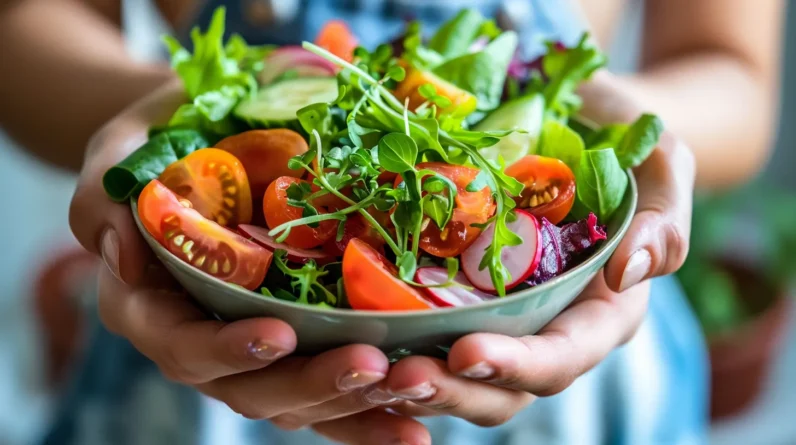
As we consider the emotional and physical nutrition needs of solo parents, we’re faced with stark realities. Nearly 40% of single-mother families live in poverty, forcing them to prioritize quantity over quality when it comes to food. This leads to compromised dietary quality and increased health risks. We can’t underestimate the emotional burden solo parents carry, but by prioritizing self-care and seeking support, they can better care for their families. Let’s explore how solo parents can navigate these challenges and find holistic solutions to nourish their bodies and minds.
Understanding Solo Parents’ Unique Challenges
While we often hear about the challenges faced by single parents, it’s crucial that we take a closer look at the unique obstacles they encounter daily. We’re talking about a group that faces nearly insurmountable financial strain, with nearly 40% of single-mother families living in poverty. The average income for these families is a mere $26,000 per year, making every day a struggle to make ends meet. Single parents also juggle time management and work-life balance, often sacrificing self-care and social support. Health and well-being risks are higher for these individuals, with increased risk of mental illness, substance abuse, and mortality. By understanding these challenges, we can begin to address the systemic issues that exacerbate them.
The Impact of Food Insecurity on Nutrition
Food insecurity casts a long and ominous shadow over the lives of millions, including solo parents. It is evident that when access to nutritious food is limited, it profoundly affects dietary quality and health outcomes. For solo parents, who often face financial constraints, this means compromising on the nutritional value of meals, prioritizing quantity over quality to stretch limited resources. The stress of food insecurity adds an emotional burden, compounding the challenges of parenting alone. It’s vital to address these structural inequities and support solo parents in accessing affordable, healthy food options to mitigate the impact on their nutrition and well-being.
Emotional Support Systems for Solo Parents
As we explore the emotional support systems essential for solo parents, recognizing the heightened risk of mental health challenges they face is essential. With single parents experiencing substantially higher rates of depression, anxiety, and stress, it’s imperative that we establish robust support networks. By fostering strong social connections, we can mitigate the effects of stress on both parents and children. Participating in peer and community support programs tailored to the unique challenges of single parenting can provide emotional validation, reduce isolation, and improve overall well-being. Let’s prioritize building these essential support systems to guarantee the emotional resilience of solo parents and their families.
Addressing Physical Health Needs on a Limited Budget
Shifting from the emotional to the physical domain, let’s explore how solo parents can maintain their family’s health despite financial constraints. As solo parents, it’s common knowledge that it’s a struggle to prioritize our own physical health, especially when we’re more focused on putting food on the table. But neglecting our physical needs can have severe consequences, including nutrient deficiencies, fatigue, and weakened immune systems. With a little creativity, however, we can make the most of our limited budgets. We can start by adopting affordable nutrition strategies, such as portion control, using leftovers, and shopping for sales or discounts. By prioritizing nutrient-dense foods and getting creative with meal planning, we can protect our physical health and maintain our family’s well-being, even on a tight budget.
The Role of Community Resources in Supporting Solo Parents
While raising children alone is clearly challenging, we don’t have to go it alone. Community resources play a crucial role in supporting solo parents. Here’s how they help:
- Emotional support: Community programs provide tailored mental health services and peer support networks, reducing isolation and offering coping strategies. Virtual groups and forums let us share experiences and get advice.
- Educational and employment initiatives: By focusing on education and job training, these initiatives empower us to achieve self-reliance and better job prospects, strengthening family stability.
- Government and nonprofit engagement: From policy changes to direct aid, these entities enhance our access to tailored benefits, childcare, and counseling, ensuring we can meet our families’ needs.
Together, we can lean on these resources to lighten the load of solo parenting.
Policy Solutions for Improving Nutrition and Well-being
Although raising children alone presents numerous challenges, implementing thorough policy solutions can substantially improve the nutrition and overall well-being of solo parents and their families. We must advocate for policies that increase benefit levels, remove benefit caps, and expand access to affordable childcare subsidies. By investing in nutrition assistance programs and enhancing their reach, we can guarantee that solo parents have the resources to provide healthy meals for their children. It’s also vital that we support flexible work policies, living wages, and job training opportunities to help solo parents achieve financial stability and reduce poverty-related nutrition risks.
Conclusion
As we’ve explored, solo parents face unique challenges in meeting their families’ emotional and physical nutrition needs. With nearly 1 in 4 children in the US living in single-parent households, it’s essential that we provide robust support systems. By addressing food insecurity, offering emotional support, and improving access to affordable healthcare, we can help solo parents thrive. Together, let’s advocate for policies that uplift these families, ensuring every child has the opportunity to grow up healthy and nourished.







